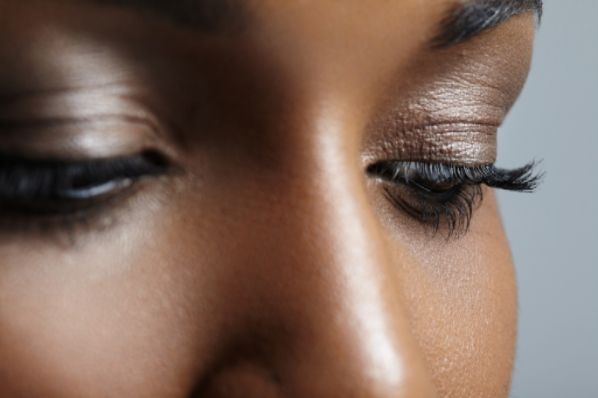Black women have been treated as nothing more than a mistress or “side chick” by the Democratic Party. Democrat leaders aggressively — and publicly — court other demographics such as young people and educated white women, but exert little effort to secure black female voters. They have had no reason to — until now.
Black women form the most reliable base of support for the Democratic Party. Yet, now they are awakening to the realization that they are nothing more than a fallback plan for Democrats.
The 3rd annual Power of the Sister Vote conducted by Essence and The Black Women’s Roundtable found an 11-percent drop in black female voters (from 85 to 74 percent over one year), who believe the Democratic party best represents their interests. Additionally, more than one in five black women don’t think either party best represents them — an eight-point increase from last year.
This is not the first signal of trouble from a constituency that has been the party’s most loyal voters.
According to a survey presented to the Congressional Black Caucus earlier this year, 63 percent of black Americans feel taken for granted by the Democratic Party. That sentiment is strongest among black women ages 50-plus, who have watched decades of black communities and important issues go ignored.
This year, more than two dozen black female activists and elected officials penned an open letter to Democratic National Committee chairman Tom Perez warning against the party’s nonchalant attitude toward black women: “The Democratic Party has a real problem…The Party’s foundation has a growing crack and if it is not addressed quickly, the Party will fall even further behind and ultimately fail in its quest to strengthen its political prospects.”
Black women are highly politically active and civically engaged in their communities. The Sister Vote poll found that 98 percent of respondents were registered voters and a majority (61 percent) are active in their communities. In the 2008 and 2012 presidential elections, black women voted at higher rates than all other race and gender groups.
Black women were Hillary Clinton’s strongest base of support — although even they were not enough to get her across the finish line first. According to exit polls, President Trump handily won the white female vote (52 percent). Yet, an astonishing 94 percent of black women voted for Clinton — surpassing 82 percent of their male counterparts.
If enough black women revolted, victories at the top of the Democratic ticket would be less assured. This presents an opportunity for conservative and independent groups to appeal to black women on the issues they care about.
Affordable healthcare tops the list of most important issues for black women at 48 percent — down four points from 2016. Criminal justice reform (43 percent), quality public education (37 percent), living wage jobs (37 percent), and a rise in hate crimes (33 percent) round out the top five concerns.
Progressives are focused elsewhere though. The Women’s March movement spends energy organizing for reproductive rights, LGBTQIA rights, civil and immigrant rights, worker’s rights, environmental justice, and disability rights. Yet, living wage jobs and equal pay are the only two issues that occupy more than 10 percent of black women’s top concerns.
Reproductive choices garnered a paltry 3 percent — down 14 points from last year. Paid leave came in dead last at just 2 percent — down from 11 percent in 2016.
Criminal justice reform, a top concern for black women of all ages, is an area of opportunity. Over half of incarcerated women in the U.S. are in jails. They are overwhelmingly poor or low-income, have high rates of substance use, and a disproportionate number are people of color. A whopping majority of women — 82 percent — are in jail for nonviolent crimes such as property, drug, and public-order offences.
Black women keep the family together when a spouse or parent is imprisoned and provide financial support to former inmates as they are reintegrated into society.
Conservatives and libertarians are leading state-based criminal justice reforms to address overincarceration, trust between law enforcement and communities like the black community, and re-entry.
Oklahoma, for example, expanded the availability of community sentencing and drug court by eliminating the prior felony conviction requirement. The Republican-controlled Louisiana legislature passed sentencing and parole reforms, which they anticipate will reduce the jail population by 10 percent over the next decade.
My advice to my fellow sisters: be open to groups and leaders making a positive impact on the issues which matter most to you, even if they are not Democrats.
Our vote should not be expected, but vied for. Otherwise, politicians will continue to keep black women in fallback status — ignoring our voice and overlooking our communities.


